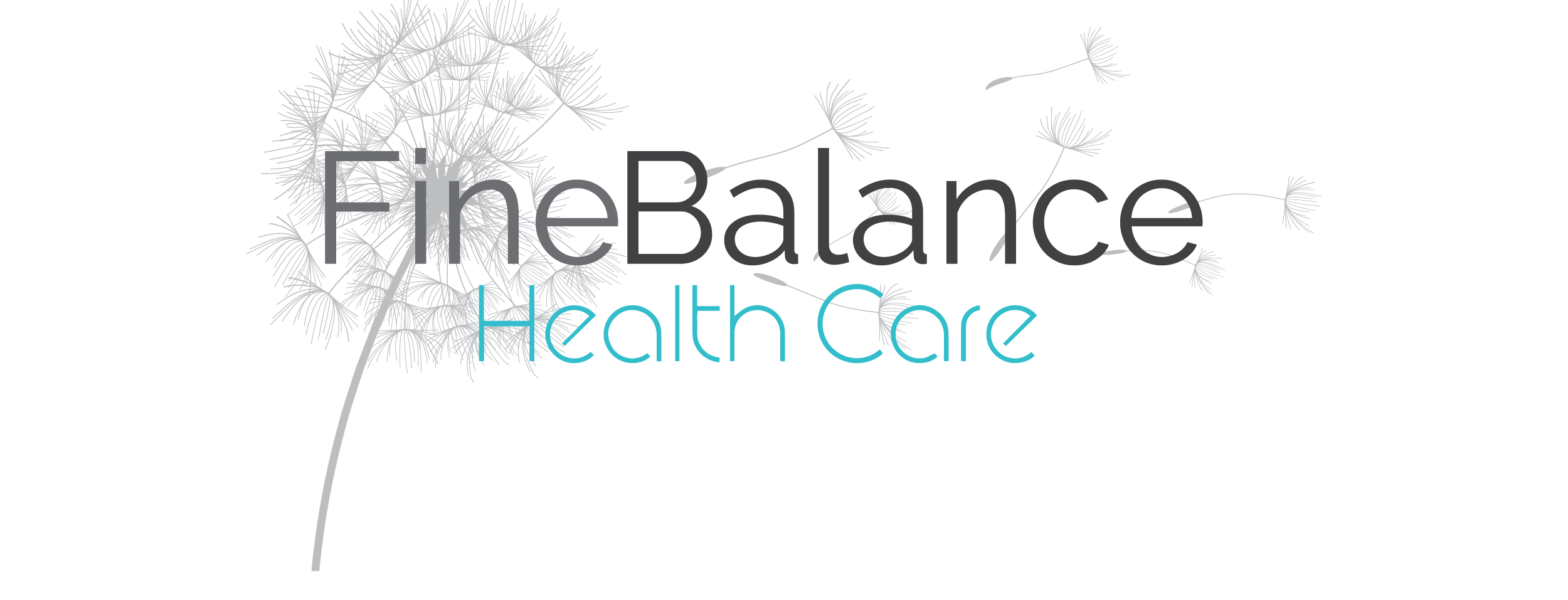-
 A Fine Balance Health CareProudly serving Airdrie for 20 years403-540-8878
A Fine Balance Health CareProudly serving Airdrie for 20 years403-540-8878 Clinic Hours
Mon9am - 5pmTue9am - 7pmWed9am - 5pmThu9am - 7pmFri9am - 3pmAs this is a home based business, all treatments are by appointment only, thank you.
Acupuncture
Using Acupuncture to Manage Autoimmune Diseases

Autoimmune diseases can prove to be intricate and seemingly unsolvable puzzles for many people. And statistics prove this to be true as millions worldwide are impacted by autoimmune diseases ranging from rheumatoid arthritis to lupus, Crohn’s disease, multiple sclerosis, irritable bowel disease, and even Parkinson’s disease. Conventional medicine can diagnose 100 different autoimmune conditions, however the treatments offered don’t completely resolve the issues associated with the disease and in extreme cases, no treatment is available at all. And yet, in the midst of all these medical challenges that autoimmune diseases present, acupuncture emerges as a promising ally, offering relief to those grappling with these often-complex health conditions. continue reading
The Benefits of Detoxifying your Body with Acupuncture

Life can be incredibly stressful. Even if things are “going well,” the constant pull of the needs of others including kids, coworkers, parents, and even friends can leave us feeling drained and often leads us into making poor lifestyle choices. But what if there was a place you could go to heal your body and your mind? A sanctuary of sorts, where you can find serenity and healing through the art of acupuncture. Your acupuncturist can help you find the path to detoxification—a journey of renewal and revitalization for both body and soul. continue reading
Acupuncture for Orthopedic Pain

Orthopedic pain is a big deal for many Americans, and it comes in many different forms including knee, hip, shoulder, and other joint pain. Acupuncture has been proven an effective tool to deal with orthopedic pain…even Harvard Medical School thinks so. continue reading
